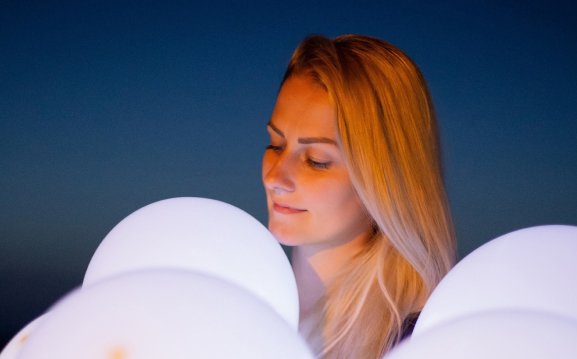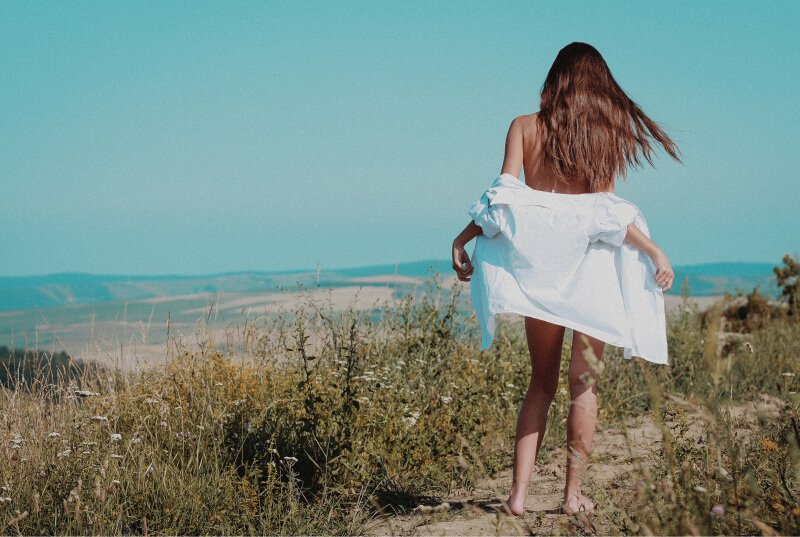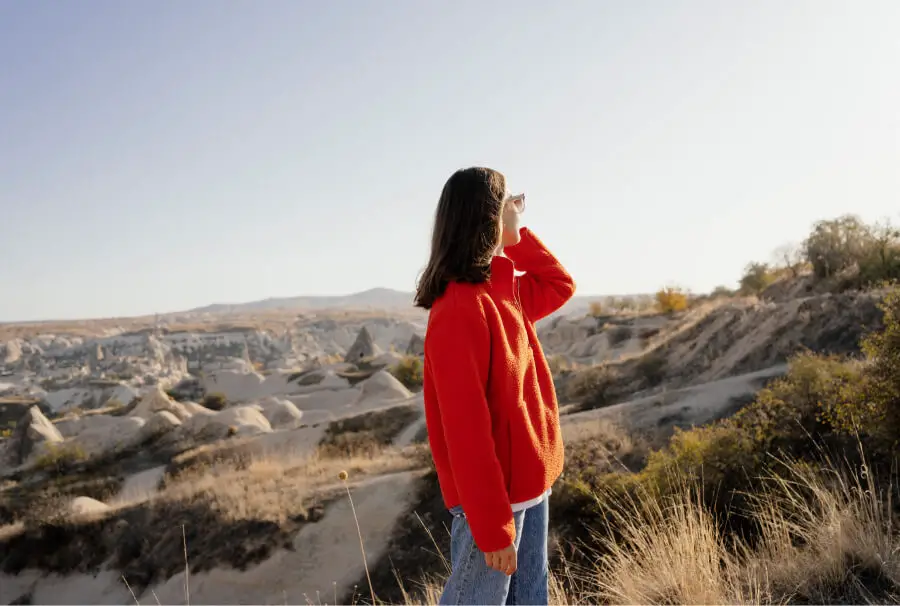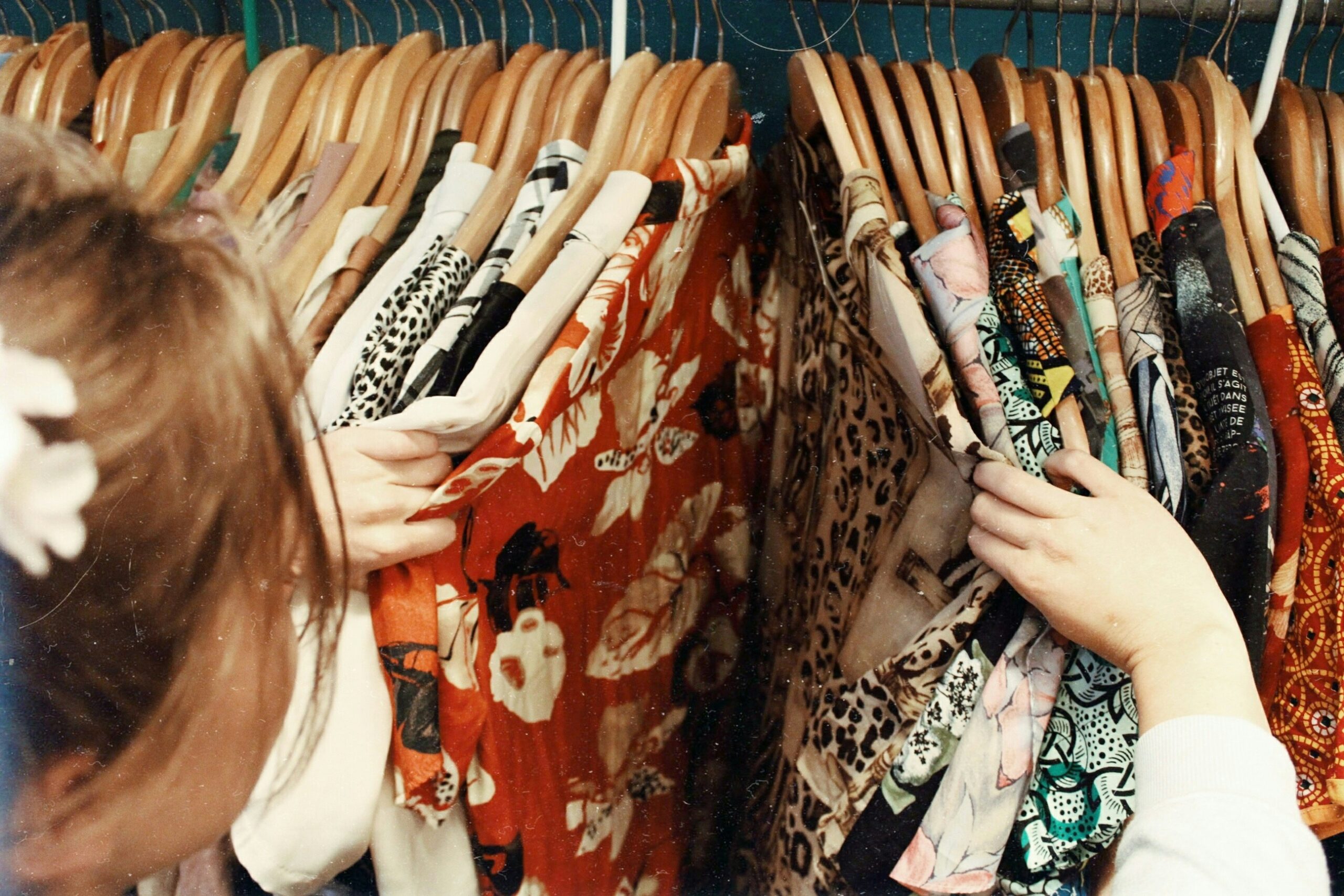When Netflix’s comedy series “Running Point” premiered earlier this year, viewers tuned in for its star-studded cast — including Kate Hudson and Brenda Song — and its fictionalised take on the rise of Jeanie Buss, the first female president of the Los Angeles Lakers. But the show’s unexpected breakout star wasn’t an actor: It was Sephora.
“Nothing bad happens at Sephora,” Hudson’s character quips in episode two, setting off a plotline that sees the LVMH-owned beauty retailer become the team’s primary sponsor, following a persuasive pitch to a Sephora executive: a third of basketball viewers are women who, as Hudson’s character puts it, “want glassy skin and a tight eyebrow game.”
For Sephora chief marketing officer Zena Arnold, the placement was a strategic move — and a preview of the brand’s deeper ambitions in sports. In January, the retailer announced it would be the title sponsor of Unrivaled, a new professional women’s basketball league. A few months later, it inked a deal with WNBA team the Valkyries, acquiring naming rights to the team’s 31,800-square-foot training facility, now known as the Sephora Performance Center.
“It was just so serendipitous that [the show] came out just as the news of our real life sponsorships were coming out,” Arnold told The Business of Beauty. “People love to see brands that can engage in meaningful ways.”
Sephora is part of a growing cohort of beauty brands abandoning once-off campaigns in favour of long-term partnerships with sports leagues and teams. While the 2024 Olympics saw a flurry of short-term beauty collaborations, the new playbook is about sustained cultural presence and aligning with the momentum behind women’s sports. Brands like Glossier, which has been the WNBA’s beauty partner since 2020, and Maybelline, which is the cosmetics partner of the New City Marathon, have taken note.
Women’s sports are drawing unprecedented attention in the US. The NCAA Women’s Basketball Championship peaked at 24 million viewers in 2024. The WNBA, one of the fastest-growing brands in sports, attracted over 54 million regular season viewers last year — a 170 percent year-over-year increase. And it’s not just basketball: women’s soccer is booming too, with league-wide attendance hitting a record 2 million in 2024.
Brands entering this space are often first movers, giving them an advantage in defining what beauty looks like in a sports context. Many are also leveraging the gender pay gap in professional sports – investing in women’s teams and leagues not only as a show of support, but as a long-term equity play. These long-term partnerships are also opening new pathways to engage male audiences, particularly in skincare and grooming.
“Even though you may be first, it’s not enough to put a logo on a stand,” said Patrick O’Keefe, E.l.f Beauty’s vice president of integrated marketing. “It’s going deep into a community, and being a part of that community, and serving the underserved.”

Playing to Win
For many beauty brands, participation isn’t enough; they want to own their sports.
E.l.f. Cosmetics has made bold bets on emerging leagues with limited mainstream visibility, including the Professional Women’s Hockey League, which was founded in 2023, the Wonder Women of Wrestling Tournament, the largest high school girls wrestling competition in the United States. These aren’t legacy sports platforms with established global audiences — and that’s precisely the appeal.
“Every one of these sports brings something unique and different,” said O’Keefe.
E.l.f Cosmetics has cast a wide net. The brand is also a partner of the Indy 500 and the Billie Jean King Cup, and in March was named the official makeup and skincare partner of the National Women’s Soccer League, a tie-up that is expected to pay dividends as Americans turn their attention to the sport ahead of the 2026 FIFA World Cup.
But even for first movers, the stakes are high. Brands need to understand the culture of the fan base before entering the sector — and resist the urge to lead with their own agenda.
“It’s not just about what the brand wants,” said Yasmin Dastmalchi, General Manager for the US at Nyx Cosmetics, which is the sponsor of Angel City FC. The most effective partnerships, she added, are those that honour the athlete or team’s journey, not just their image.
For Nyx, that means embedding into the club’s culture with fan-first activations. The brand runs in-stadium and on-the-ground experiences, from product sampling to branded halftime segments and community events. On Saturday, the brand will lead the team’s coin toss — featuring a cameo by Mr. Gluey, its life-size face primer mascot.
The brand also leans into city pride, a natural fit for a company headquartered in Los Angeles. “It’s about showing up in a way that feels native to the city,” Dastmalchi said.
Nailing the Message
These partnerships offer beauty brands an opportunity to step into purpose-driven narratives and, in doing so, connect with fans on conversations around equity, access and visibility.
One of E.l.f. Cosmetics’ impact initiatives hopes to keep girls in sports longer — a critical issue as girls are twice as likely as boys to drop out of athletics around puberty, according to data from Women In Sports. For Sephora, the focus is on pay equity, aligning with the broader fight for fair compensation in women’s professional leagues. Mielle Organics, which is the textured hair care partner of the WNBA, has made representation its cornerstone — especially for Black women, who make up over 70 percent of players in the league but remain underrepresented in mainstream beauty marketing.
The brand is also pushing boundaries with its retail activations, bringing its partnership with the WNBA to life off of the court. This month, Walmart stores across the US will feature an end cap in the Mielle section showcasing WNBA athletes, and the haircare label will also launch a league-sponsored internship programme in the business of basketball for students at historically Black colleges and universities.
“While we have amazing women playing in the sport actively, the opportunities for them to continue their professional career in the sport is limited,” said Omar Goff, Mielle Organics’ president. “The internship programme will open up pathways for these students to get more opportunities beyond the court if they’re unable to actually make it on Draft day.”
Beauty Mans Up
Sports tie-ups are as much about reaching male consumers as they are about supporting women’s leagues.
That’s true for La Roche-Posay, the L’Oréal-owned dermatologic brand that has been the official sunscreen partner of the US Open since 2021, and has since added the Miami Open, BNP Paribas Open and Mubadala Citi DC Open to its roster. Tennis, with its co-ed appeal and global reach, offers the label a unique opportunity to connect with male audiences in a context that feels relevant and non-intimidating.
These efforts are supported by a growing lineup of male athlete ambassadors, including Frances Tiafoe, Taylor Fritz and Jannik Sinner, as well as free sunscreen giveaways at matches. So far, it’s working: sunscreen remains La Roche-Posay’s top-selling category among men.
While the immediate focus is on sun protection, the long-term strategy is brand conversion — using sports as an entry point to introduce male consumers to skincare and build loyalty across additional categories.
Doubling down on tennis and sun-care helps the brand build “cultural credibility,” said Rachelle Mladjenovic, General Manager at La Roche-Posay’s American division. “Anybody can be a sponsor, but to go to that depth takes time, relationship building and consistency in messaging.”






